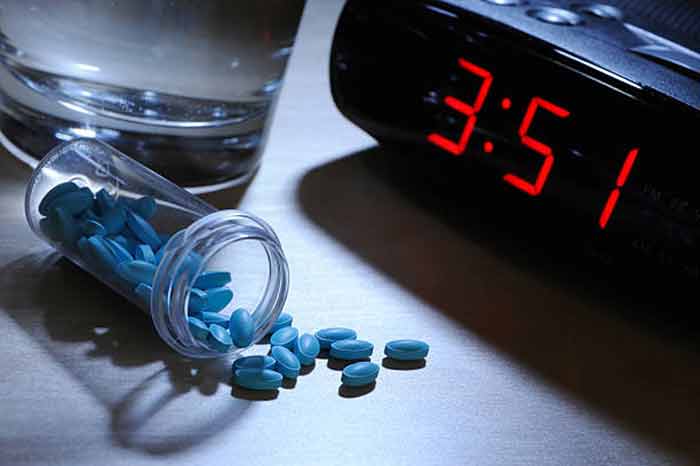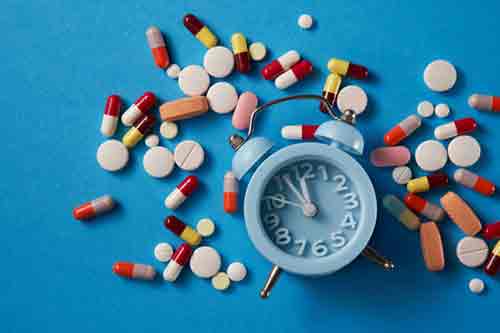Why Should Pregabalin Be Taken at Night?

Pregabalin is a drug used for the treatment of neuropathic pain (pain caused by damaged nerves). It works by blocking the action of a specific chemical called GABA.
It has been shown to be effective in reducing pain and improving sleep. However, there are also side effects to be aware of.
Nighttime

For some people, taking pregabalin at night can help reduce side effects like diarrhoea. It may also be helpful to take it with a meal or snack, and to avoid rich or spicy foods.
To make sure you get the best results from this medicine, it’s important to follow the instructions your doctor gives you. This medicine works best when it’s taken regularly at evenly spaced intervals throughout the day and night.
If you have trouble remembering to take your doses, set an alarm or ask your pharmacist for advice. It can also be helpful to keep a reminder in your pocket or purse.
Pregabalin can be habit forming (causing feelings of excitement and exaggerated happiness) in some people, so it’s important to take this medication only as prescribed by your doctor. It can be difficult to stop suddenly without checking with your doctor.
Daytime
A Cochrane review of 45 studies (lasting two to 16 weeks) found that taking pregabalin once a day, compared with twice daily, didn’t have any significant effect on pain intensity. However, people taking it at night reported an improvement in sleep quality – a useful outcome for many people with neuropathic pain. You can buy pregabalin online uk.
For example, the sleep disturbance factor of the Hamilton Anxiety Rating Scale was significantly improved in all seven RCTs comparing pregabalin with placebo. The three-item HAMD sleep disturbance factor rated early insomnia, middle insomnia and late insomnia on a 3-point severity scale.
Pregabalin should be taken as prescribed. It may be best to set an alarm so you remember to take it, or to tell your doctor if you have trouble doing this.
Interactions
Pregabalin works in the brain to decrease the release of chemicals that cause pain. It can be a good choice for people with neuropathic pain or chronic pain, such as fibromyalgia.
This medication may cause drowsiness or trouble concentrating. It can also affect your breathing. It is very important to keep alcohol out of your system when you are taking this medicine.
Other medications that can interact with this drug include glitazones, certain antidepressants, and benzodiazepines (BZDs). They all affect GABA receptors in the brain.
The use of these medications with pregabalin can lead to increased side effects, such as drowsiness, confusion, and lightheadedness. It is very important to tell your doctor if you take these medicines.
Studies have shown that the combination of pregabalin and amitriptyline is effective in reducing pain and improving sleep in people with diabetes. Moreover, it reduces the perception of pain in these patients. This research will be helpful in understanding the interaction between pain and poor sleep in these patients, and it will help doctors understand how to improve the treatment of diabetic peripheral neuropathy.
Precautions
When taking pregabalin at night, it’s important to follow your doctor’s instructions. This is to reduce the risk of side effects such as dizziness and drowsiness.
If you miss a dose of this medicine, take it as soon as possible. You should not take a double dose to make up for it as this may lead to an overdose and more serious side effects.
Your doctor will tell you how much to take and when to take it each day. The usual dose is between 150mg and 600mg a day, split into 2 or 3 separate doses.
These doses can vary depending on your body weight, other health conditions and any other medicines you are taking.
Conclusion:
If you have diabetes, talk to your doctor about how this medicine affects your blood sugar levels. You may need to change your diet to avoid this or drink lots of water. Your doctor will also advise you on what to do if you have any symptoms of dehydration (eg, peeing less than usual or having dark, strong-smelling pee).
